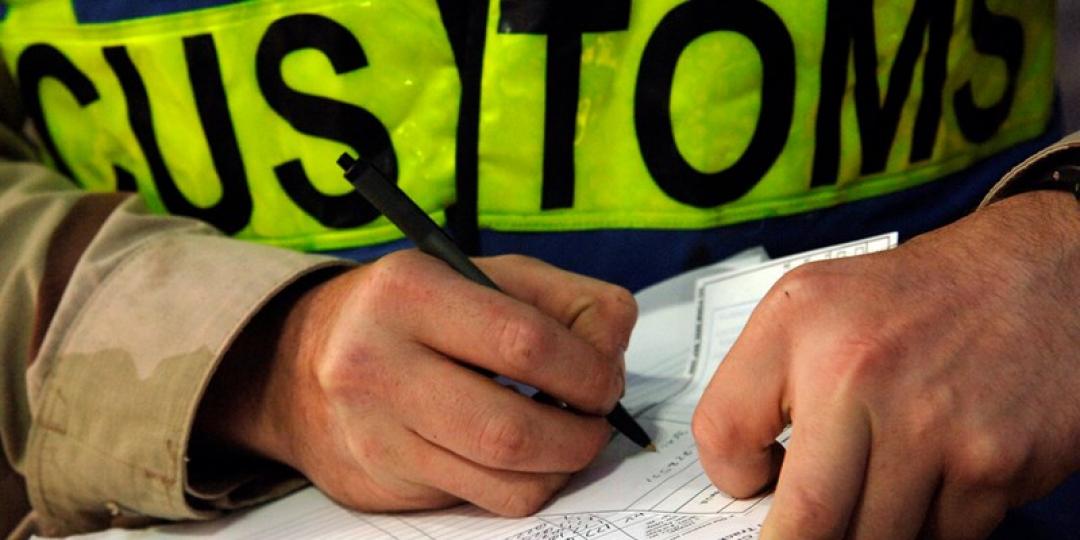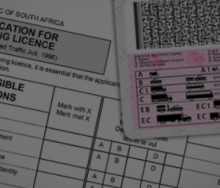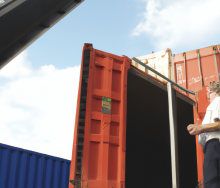Misunderstandings can occur if one reads the Customs Act in isolation without reference to the World Customs Organisation (WCO) Compendium. An example of this, which led to litigation, was in the wording of the Customs Act 1964 that was interpreted as if all royalties were dutiable.
One has to exercise extreme caution when identifying whether an additional separate charge or invoiced charge can be considered directly as part of the value of the physical goods in question or not.
Market-related price
The most critical factor is to identify the market-related price of the physical goods being imported and isolate or add any charges that are directly related to the physical goods.
The market-related price is the price for a product that is based on the volume being sold and the type of transaction that is taking place (eg, direct sales to end user or distributor).
Common types of charges that need to be clearly identified
There are a multitude of expressions used in international trade to indicate a possible additional charge, such as royalty, buying commission, selling commission, CIF transaction and assist charge.
In establishing whether a charge is dutiable one cannot arrive at a conclusion unless one understands the exact nature of the charge itself and whether it relates to the goods being imported.
Royalty charge
Normally this is a charge levied between two parties that could or could not relate to the physical goods themselves. It is difficult to determine the exact nature of the charge unless one reads the agreement between the parties and examines the exact relationship of the parties including the nature of the transaction.
If a royalty charge is reflected on an invoice or agreement it is still necessary to investigate the exact nature and purpose of that specific charge and whether it can be considered as part of the value of the goods.
Buying/selling commissions
Normally these are supported by agreements between the parties.
A buying commission is a charge normally levied by an agent who is acting as an extension of the buying office of their client. His duty would normally be to source goods, verify goods, co- ordinate the transaction and sometimes verify goods prior to shipment. In simple terminology a buying agent normally acts on behalf of his client and therefore is an extension of the client’s office and the charge is for his services and not for the physical goods that are being purchased.
A selling commission is a charge levied by a party who is acting as an agent for the supplier of the goods. Therefore as such he is regarded as a selling agent for that party and would normally be added to the cost of the product.
CIF transaction
One can distort the correct value of a product by inflating the cost of freight and insurance if, as in South Africa, the base for calculating the dutiable value is the FOB value.
The problem is that there is a sometimes a big disparity between the official rate and the net rate payable to the carrier.
Current trends have resulted in the market-related price for transportation differing significantly from the official rates and this is probably why many countries overseas accept the CIF price as the customs value.
Another aspect one has to consider is that the differential in freight rates could be inflated because of the rebates or subsidies that the exporter receives from his agent or transporter. These rebates from the official freight rate declared can impact on the true value of the product imported if the inflated freight rate is deducted from the CIF value.
This practice can distort the export or imported value of the product in question and therefore customs could, at a later date, where the margins are great, penalise the importer or exporter for not declaring the true value of the goods.
Assist charge
An assist charge is often a more unique situation. Normally it is a charge that indirectly reduces the cost of the imported product. The simplest example would be if materials originating overseas are supplied to the manufacturer of the final product to be manufactured and exported to the importer. Obviously the cost of the material supplied to the exporter will not be reflected on the exporter’s invoice as these will have been paid by the importer.
Objectives of valuation
The principal issue in valuation matters is that the price charged for the product is a market-related price.
A proper valuation investigation must be based on total understanding of the nature of the transaction and any correspondence related directly or indirectly to an agreement and to the transaction.
Certainly a proper review must include information from a variety of records such as:
1. Official order
2. Correspondence
3. Invoices
4. Inter-company international related company records.
5. Financial records.
Valuation determinations
At present there is a 12-month rule in relation to customs determinations.
One has to be extremely careful in accepting these determinations even if the product is duty free. The reason for this is very simple - rates of duty can change and then it becomes complicated to try to overturn the 12-month rule.
This makes it imperative that if a wrong determination is given that it is challenged immediately in view of the 12-month ruling and the possibility that the duty structure may change, however remote that may seem at the time.
Inter -related legal issues
There are two issues one has to take into account when looking at valuation. These are:
1. Transfer pricing – a simple example of this is where a company under-prices or over-prices with its associated company in order to reduce their tax liabilities.
2. Anti- dumping duties – The legislation regarding anti- dumping duties is indirectly related to valuation. The WCO Convention has a formula of how to calculate price of a product to identify whether the price is reasonable or not. The normal reason for introducing anti-dumping duties is when products are being sold below market value resulting in damage to the local industry. Therefore the starting point of any anti-dumping investigation should use the laid-down formulas of the WCO as a guide.
The importance of arriving at correct valuation
It is a critical issue whether you are importing or exporting to declare the correct value of your goods as required by legislation. There are very important reasons why this is a critical issue such as:
1. Transfer of tax liabilities
2. Transfer of pricing between a dutiable product and non-dutiable product.
3. Money laundering
4. Financing of illegal activities such as drug trafficking.
One must remember all these activities are illegal and that is why it is critical that any authority establishes the correct value of imported and exported goods. For instance overpricing on an import to a state organisation could indicate bribery or improper vetting procedures.
An under-priced export can have the following impact:
It reduces the duty to the importer who in turn can use these funds to reciprocate with reduced prices for imports. Alternatively, in one specific case, the under-pricing of exports on alcohol not only reduced the duty for the importing country but also was used to finance the importation of illegal substances.
Conclusion
A valuation audit by authorities is important not only to protect the fiscus but also to stem illegal transactions. These investigations are not normally resolved by simply stopping a container but require detailed examination of all aspects relating to the product. These would include:
Financial records
Money transfers
Inter-company relationships
Valuation of the product
Origin of product
These examinations relate to a variety of issues including taxation and customs duty. They can become extremely complex when dealing with large conglomerates involved in a variety of industries and require a specialised team with multiple skills who understand, for instance, not only customs issues but also taxation and legal issues.
When bank institutions report suspicious transactions this should ring immediate alarm bells for a full investigation team to be utilised and it is quite common for customs and financial authorities in various countries to co- operate.
It is not only the physical movement of goods but also the transfer of funds that have to be monitored. Payments do not always relate to physical goods. An example of this would be a company that has a television station and can remit funds overseas for the rights to broadcast a specific programme to a counterpart which in turn can be used to disguise illegal payments or reduce the value of imported goods.
This illustrates the important role that valuation plays and the fact that this is not limited to physical goods but also to miscellaneous payments, royalties, rights to distribute etc.










